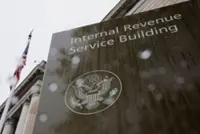SINGAPORE: Recent developments such as new international standards on climate-related disclosures have helped to clear the air for firms reporting on their sustainability.
Even though most smaller companies here are not required to measure and report sustainability metrics, experts told The Straits Times that those which start early will have an advantage in ensuring business continuity and attracting investors and customers.





